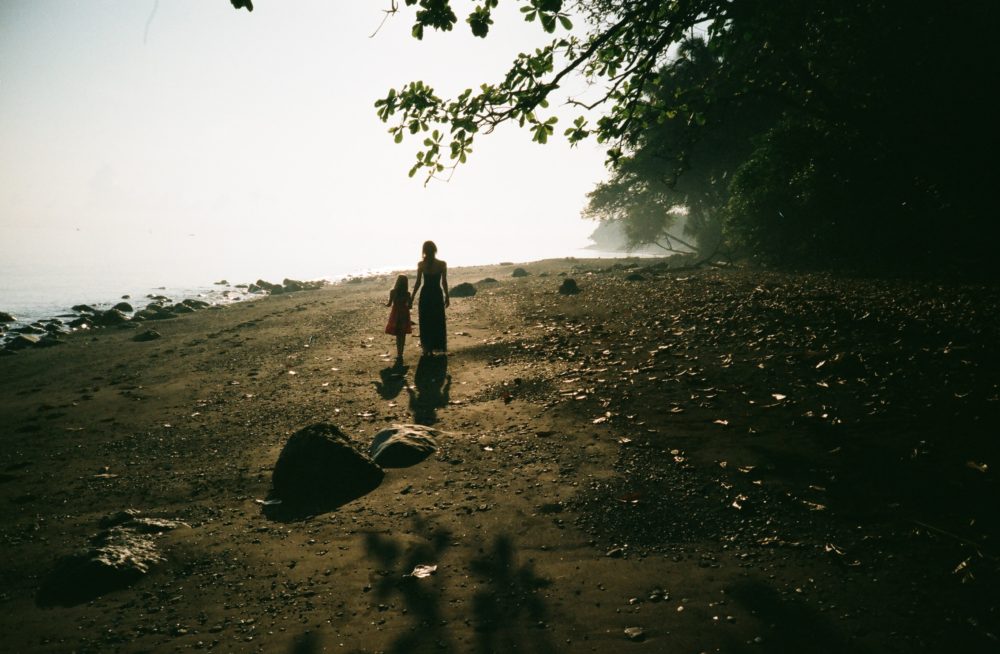Verse 10 of the 37 verses encourages us to consider everyone your mother. It says,
“Every being has cared for you as your mother.
If they all suffer for time without end, how can you be happy?
To free beings without limit,
Give rise to awakening mind- this is the practice of a bodhisattva.”
-verse 10
It is a beautiful Tibetan tradition to consider all sentient beings your mother. Doing so brings out a warmth in us, a sense of belonging and responsibility. And why wouldn’t we want to take care of our mothers? Of course we would. If we saw any of our mothers suffering, we would be moved to change or help the situation.
This move to action is precisely the point. An awakening mind moves beyond the idea of compassion to the work of compassion. As Ken McLeod writes, “In your heart is a longing, a yearning, to help all beings find a way to live in which they are not struggling with their lives.” And what’s the point of that longing if it does not translate into action?
Accordingly, Verse 9 spoke about liberation in individual terms, in our inner world. It’s about getting free of the rat race. But Verse 10 now speaks about liberation in collective terms: it’s about creating a world where there is no rat race. This is inherently political. It means supporting laws and initiatives on local, state, and national levels that actually support systems of justice. It means creating a more just world where not so many people struggle in their lives. Certainly that requires personal acts of kindness, but at some point it asks us to see society as a whole, too.
As Dilgo Khyentso says, “It would be heartless to practice the Dharma for your own liberation, ignoring the bondage of others.” Let’s instead use our energies to move the world toward wholeness and goodness. And if that feels daunting to do, or you don’t know where to begin: consider everyone your mother. Let the longing for compassion arise in you and clear your mind. And then find the next right step.



